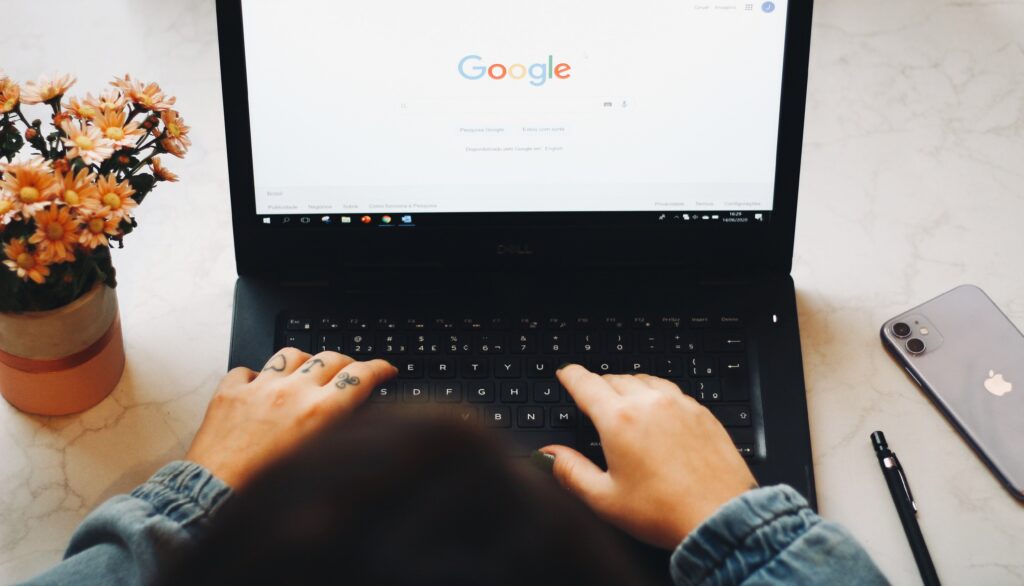How Customer Discovery Can Save Your Business & 5 Tips To Get Started

Let’s face it: as an entrepreneur, it’s easy to get attached to your ideas and develop false assumptions around them. After all, you’ve poured hours into your business (it’s your baby!), so it’s tempting to think others see things as you do. But that can be a mistake. The reality is, many businesses fail either because entrepreneurs are too attached to their original ideas to adapt them, or they don’t bother to test them in the first place.
Customer Discovery as a process is all about stepping away from your natural bias to test your business ideas out in the real world of consumers. It’s always a vital step for startups, even more so during a downturn, as you need to keep the pulse on your business to adapt models quickly. We hopped on a Zoom call with Laura Smailes of UNCC’s entrepreneur support organization, Ventureprise, to get her feedback on Customer Discovery in the age of COVID-19. Here’s the scoop.
While COVID-19 presents a unique challenge to the “how-to” in all areas of business, you need to invest in Customer Discovery, and here’s why:
- New ideas need to be tested, especially now. The world has been turned upside down; you can’t assume anything right now. Everything from customers’ wants/needs/comfort levels, etc. have changed and possibly quite drastically. Actively reaching out to your customer base gives you the advantage of foresight before making decisions that could impact your business.
- Old ideas need to adapt but in the right ways. Customer Discovery counters assumptions about your business: who your customers are, what problems you solve for them, and your ideas’ overall viability. It can save you time, money, and a whole lot of heartache if you take the time to ask the right questions and then re-direct your model in response.
The silver lining is, many people are stuck at home and getting bored, so you may find getting interviews much easier than before. Customer discovery can give you valuable insight into how you can pivot and restructure your business. So organize your thoughts and get going!
Here are 5 tips to get you started:
- Get trained up. Start with the Basics of Customer Discovery. Our quick online training is 100% free and walks you through the fundamentals like how to find the right people to talk to, what questions to ask, and how to distill those responses into actionable steps.
- Figure out Zoom, etc. To roll with the times, you’ve got to get comfortable using video conferencing software such as Zoom. Take some time to figure out how it works, so you’re comfortable navigating during a call. Choose video over audio, if you can, to regain some of the personal connection that’s lost in not being able to meet face-to-face. The plus side? It’s faster and cheaper.
- Ask the right questions, then really listen. The reality is, startups don’t fail for lack of product development; they fail for lack of customers. So what does your product do for your customer? What pain are you taking away? Be prepared for tough answers and remember: negative feedback is still great feedback. It gives you somewhere to go and something to improve.
- Keep it 1:1. When you’re seeking feedback, it’s important to do it one person at a time. People are more likely to divulge what they really think in this setup, rather than agreeing with the majority in a larger group.
- Start broad, then narrow down. To get candid answers, remember to frame your questions in a non-self-serving way. Supportive sentiments are running high right now, but so is anxiety. People may have good intentions of supporting local businesses, but that won’t always match up with their real-life actions because the unknown is scary.
Number five is a doozy, so let’s break it down with the following example.
A person may love their favorite local restaurant and long to get back there after restrictions lift, but when faced with returning to the crowds to do so, they might hedge and not be knocking down the doors the first week you’re open. If you were to ask a self-supported question such as, “ Do you plan to return to our store once we’re open?” many well-meaning people will give an enthusiastic “yes,” but in reality, give it several weeks to see how things pan out. A much more helpful line of questioning would be something like this:
- Q: What are your top three-priorities once the restrictions are lifted?
A: Shopping, Stylist, Getting together with friends and family.
- Q: What type of shopping will you do first?
A: Clothes
- Q: What safety measures are most important to you as you shop?
A: All sales staff wearing masks and hand sanitizer available.
Notice how the questions are open-ended and don’t assume your shop is a priority. Now the shop owner has some valuable info to go on: shopping for clothes is still a high priority (yay!), but specific safety measures need to be in place (good action step!).
Customer discovery never ends, especially during a global pandemic.
Your customers’ wants, needs, and expectations are going to shift. But by taking the time to gain real insight on these shifts, you stand a much better chance at keeping customers’ needs front and center and being the one to solve them. For free training on Customer Discovery and other topics essential to entrepreneurs, head here.
Supportedly exists to help entrepreneurs & ecosystems start and grow with confidence through a combination of connectivity tools, actionable training and content, and community engagement programs.
Have a question about this topic or anything else?
Share this Article!
Want to write an article for our website? Learn more and submit a guest blog here.


